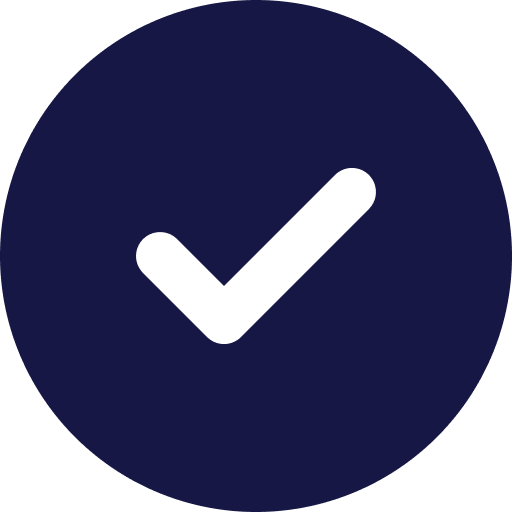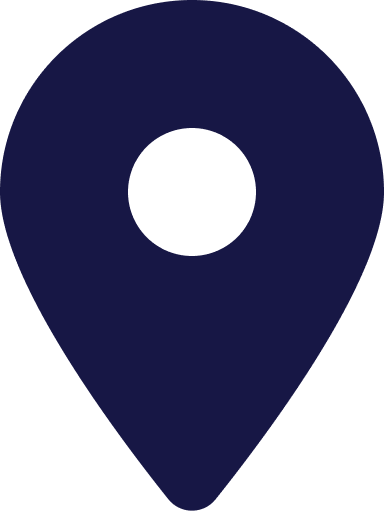5 Warning Signs of Drug Abuse In Teenagers
Written by Melissa Carmona
& Medically Reviewed by Nanci Stockwell, LCSW, MBA
Medically Reviewed
Up to Date
Updated 07/28/2022

Raising a teenager isn’t easy. Between the mood swings, changing interests, and their constant desire to distance themselves from you, it’s difficult for many parents to determine what’s normal and the signs of a bigger problem.
There’s no easy way to determine whether your teenage son or daughter is using drugs because many of the signs and symptoms resemble typical teenage behavior. Additionally, they may also be signs of underlying mental health issues, such as depression or anxiety.
However, that doesn’t mean you should ignore these symptoms if your child is displaying them. If you notice your child showing several of the warning signs below, the best thing you can do is take them to a professional for an assessment.
Looking for help in Colorado Springs or the surrounding areas? We have inpatient and outpatient facilities nearby and across the country ready to help.
Child drug abuse statistics
Drug and alcohol use among teenagers has become a major public health issue. The National Institute on Drug Abuse (NIH) conducts an annual Monitoring the Future survey on teen drug abuse. Below are some of the statistics from these surveys:
- Marijuana is the most prevalent of any illicit drug among teens in 8th grade, 10th grade, and 12th grade
- The annual prevalence of any illicit drug other than marijuana has dropped fairly steadily in all three grades in recent years, reaching 11% among 12th graders by 2020
- In 2020, 6.9% of 12th graders reported daily marijuana use, while 35.2% reported past-year marijuana use
- Alcohol remains the substance most widely used by today’s teenagers, with 16.8% of 12th graders having participated in binge drinking in the past 2 weeks, while 55.3% reported past-year alcohol use. Alcohol use among teenagers had been on a long period of decline, though it appears to be stabilizing in 2020
- Vaping finally reversed course in 2020 after two years of dramatic increases. Data on vaping has only been collected since 2017
In Colorado, where The Recovery Village at Palmer Lake is located, it’s estimated that 42,000 adolescents aged 12 – 17 had used illicit drugs in the past month, according to data by SAMHSA from 2016-2017.
5 Signs of Drug Abuse in Teenagers
If you’re worried that your son or daughter may be abusing drugs, here are five warning signs to look out for:
Changes in Behavior
According to an article published in Innovations In Clinical Neuroscience, “one of the earliest warning signs that predict teenage drug use is changes in behavior and mannerism.” Some of these changes include a sudden change of friends, withdrawal from family and friends, isolation, lack of communication, or disinterest in activities they previously enjoyed.
You may also notice your child is stealing money or other items from around the house. If this is unusual for them, it’s likely a sign that they need money to buy more drugs.
Mood Changes
Some teenagers who abuse drugs may become more irrational or dramatic in their actions. You may notice your child becoming more irritable, verbally abusive, or even violent with your or other children in the household. Additionally, your child may begin to threaten to drop out of school, run away from home, or destroy property.
On the flip side, depression, mood instability, and apathy are also warning signs of potential drug abuse and shouldn’t be taken lightly. If you notice your child withdrawing from others and spending more time alone, it could be the sign of a larger substance use problem.
Changes in Personality
A red flag for drug abuse among teenagers is when they begin to show apathy, poor morale, low productivity, a lack of self-control, aggressive behavior, or poor interactions with family members, friends, classmates, and teachers. Another sign is failing tests and quizzes, bad grades in classes, and poor performance or behavior in the classroom.
While it’s easy to write off changes in personality as normal teenage behavior, it’s important not to ignore it as it’s often one of the earliest signs of a substance abuse disorder.
Physical Changes
Drug use takes a physical toll on the body, and some of the physical signs of drug abuse include:
- Bloodshot eyes.
- Widely dilated pupils.
- Sudden weight loss (or weight gain).
- Poor hygiene.
- Frequent nosebleeds.
- Shakes or tremors.
- Red, flushed cheeks.
- Bruises or other unexplained injuries.
- Drowsiness or fatigue.
Possession of Drug Paraphernalia
This is the most definitive sign that your child is abusing drugs. The possession of items such as weight scales, smoking pipes, butane torches, bongs, cigarette lighters, small porcelain bowls, hypodermic needles, balloons, and vials are all indicative of drug use.
The Partnership to End Addiction recommends doing the following if you suspect your teen is abusing drugs:
- Use your nose – if your teen has been drinking or smoking, the smell will likely be on their breath, on clothing, and in their hair
- Look them in the eyes – oftentimes, signs of drug or alcohol use can be seen in the eyes, including:
- Eyes will be red and heavy-lidded with constricted pupils if they’ve been using marijuana
- Pupils will be dilated and they may have trouble focusing if they’ve been drinking alcohol
- Their face and/or cheeks may be red or flushed if they’ve been drinking
- Search their space – if drug use is a concern, the limits you set with your teen shouldn’t have to stop at the front door or at their bedroom door. Communicate why you intend to search their space and that it’s out of concern for their health and safety, and check places like:
- Drawers
- small boxes or cases
- under the bed
- in a plant
- inside books
- under loose floorboards
- inside over-the-counter medicine containers
- inside wrappers or other containers, such as a fake soda can
Getting Help For Your Child
It’s not easy to recognize the warning signs of drug abuse in teenagers, and it’s even harder to admit to yourself that your child may have a substance abuse problem. However, instead of sweeping it under the rug and hoping it goes away, the best thing you can do for your child is to seek help from a trained professional.
At The Recovery Village at Palmer Lake, we offer a variety of treatment programs for both teenagers and families at our facilities in Palmer Lake, Colorado. Contact us today to learn more about how we can help your child overcome their substance abuse use and live a happy, fulfilling life in sobriety.
Sources
Ali, Shahid et al. “Early detection of illicit drug use in teenagers.” Innovations in clinical neuroscience, 2011. Accessed August 12, 2021.
“How to Spot the Signs of Teen or Young Adult Substance Use.” Partnership to End Addiction, August 2020. Accessed August 12, 2021.
Johnston, L; et al. “Monitoring the Future: 2020 Overview.” National Institute on Drug Abuse, January 2021. Accessed August 27, 2021.
NIH. “Drug Facts: High School and Youth Trends.” National Institute on Drug Abuse, June 2016. Accessed August 12, 2021.
NIH. “Monitoring the Future” National Institute on Drug Abuse, 2021. Accessed August 12, 2021.
NIH. “Monitoring the Future 2020 Survey Results.” National Institute on Drug Abuse, December 15, 2020. Accessed August 27, 2021.
SAMHSA. “Colorado – National Survey on Drug Use[…]d Health: 2016-2017.” Substance Abuse and Mental Health Services Administration, 2017. Accessed August 12, 2021.
Authorship

 Insurance
Insurance About Us
About Us Our Facility
Our Facility Admissions
Admissions Programs
Programs Medical Detox
Medical Detox Inpatient Rehab
Inpatient Rehab Aftercare & Recovery
Aftercare & Recovery



